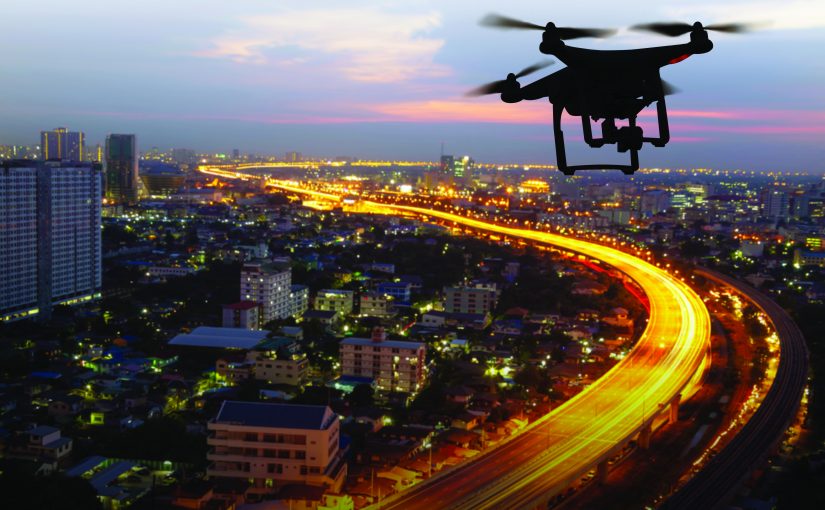In the rapidly evolving field of Drone as First Responder (DFR) operations, adherence to aviation regulations is crucial. Ensuring that drone deployments enhance public safety while maintaining airspace security and privacy is a significant challenge for police agencies.
Navigating the Regulatory Landscape
The deployment of autonomous drones in public safety is a complex task that involves navigating myriad regulations. These regulations are designed to ensure that the drones operate safely and effectively, without compromising privacy or interfering with other airspace users. For public safety agencies, understanding and complying with these regulations is essential but can be daunting.
Expertise in Aviation Regulation
Having a team of professionals with extensive backgrounds in aviation, technology, and regulatory affairs can be invaluable when establishing a DFR program. Such teams typically comprise experts in aviation safety, technology integration, and public policy. Their diverse expertise allows them to tackle the multifaceted regulatory challenges that arise in public safety applications of drones.
Key Regulatory Challenges
Deploying DFR systems involves several unique regulatory challenges:
-
- Beyond Visual Line of Sight (BVLOS) Operations: BVLOS operations can be critical for effective DFR use but are restricted under current regulations.
- Airspace Integration: Ensuring that drones do not interfere with other airspace users requires a thorough understanding of airspace classification and real-time air traffic data.
- Privacy Concerns: Drones can raise significant privacy issues, necessitating stringent data handling protocols to comply with privacy laws.
- Night Operations: Often essential for public safety, night operations require specific waivers due to increased safety concerns.
- Environmental Impact: Operations near crowds or in sensitive areas pose additional regulatory hurdles.
Addressing Regulatory Challenges
To address these challenges, public safety agencies can adopt a multifaceted strategy focused on advocacy, compliance, innovation, and education:
-
- Proactive Regulatory Engagement: Engaging in discussions with regulatory bodies to shape drone regulations that support public safety
- Compliance Assistance: Helping agencies understand and navigate regulatory landscapes, including assistance with necessary waivers and certification processes
- Tailored Documentation: Providing customized documentation to support regulatory compliance
- Technology Development: Innovating technologies that enhance capabilities while ensuring compliance, such as geofencing and robust data security measures
- Training and Education: Offering comprehensive training programs that cover both the technical and legal aspects of drone operation in public safety
Success Stories in Regulatory Navigation
Effective regulatory services can significantly impact public safety operations, as show in the following use cases:
-
- Enhancing Security at Public Events: Regulatory services enabled a police department to deploy drones at a state fair, enhancing security and public safety.
- Night Operations Waivers: A fire department obtained a night operation waiver with the help of regulatory experts, significantly improving their firefighting and rescue capabilities.
The Future of Drone Regulation and Public Safety
Looking ahead, advancements such as expanded BVLOS operations, integration with emerging technologies like AI, and the development of drone traffic management systems are expected. Standardization of regulations and enhanced privacy protections will likely foster wider adoption and integration of drones into public safety operations.
Conclusion
Navigating the regulatory landscape for DFR operations is complicated but essential. By focusing on compliance and leveraging expert guidance, public safety agencies can ensure their drone programs operate safely, efficiently, and within the bounds of the law. Agencies are encouraged to seek out regulatory expertise to explore how drones can be effectively integrated into their operations, enhancing public safety outcomes.
| Jakee Stoltz is the senior regulatory program manager at Skydio, where he is a key player in navigating and shaping the regulatory landscape for Drone as First Responder (DFR) programs. With extensive experience in public policy and operational expertise as a certified flight instructor and commercial pilot, Jakee helps public safety agencies overcome regulatory challenges to deploy autonomous drones effectively and safely. His knowledge ensures that Skydio’s technology meets and exceeds regulatory standards, making DFR operations more scalable and impactful. |



